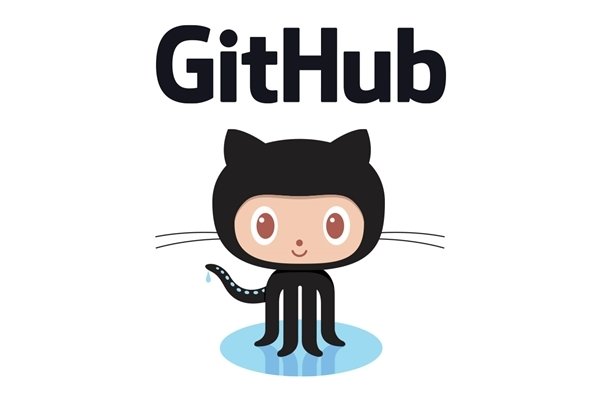When your API is the contract
@switzerly
data
About me
- So many REST Fests
- Civic hacking
- APIs
- Healthcare
- www.civicunrest.com
- Engineering @ US Digital Service

@switzerly
API #allthethings
@switzerly




Civic Tech
@switzerly

Local Government API
@switzerly
Nonprofit API

@switzerly
🤔
@switzerly
Questions:
- How do I API this data?
- What even is this data?
- How do we make this data usable?
- What do the users need?
@switzerly
Do we even need an API?
@switzerly
$ docker-compose up -e ORIGIN_REPO="switzersc/food-data"$ curl http://dockerip:4567/resources?dedupe=bustype- throw data into github repo
- pull/build docker image

API-in-a-box
Phase 1: How do I make an API?
@switzerly


API
@switzerly
The problem:
curl http://dockerip:4567/resources
@switzerly
{
"collection" :
"href" : "http://dockerip:4567/resources/",
"items" : [
{
"href" : "http://dockerip:4567/resources/8903493",
"data" : [
{"name" : "name", "value" : "Bob's Convenience Store"},
{"name" : "lat", "value" : "33.760094"},
{"name" : "lng", "value" : "-84.386037"},
{"name" : "bustype", "value" : "convenience"},
{"name" : "FILE_SOURCE", "value" : "GA_EBT.csv"}
]
}
],
"queries" : [
{"rel":"search", "href":"http://dockerip:4567/resources/search", "prompt":"Search",
"data" : [
{"name" : "name", "value" : ""},
{"name" : "lat", "value" : ""},
{"name" : "lng", "value" : ""},
{"name" : "bustype", "value" : ""},
{"name" : "FILE_SOURCE", "value": ""},
{"name" : "dedupe", "value" : ""}
]
}
]
}Hypermedia: Collection+JSON
@switzerly
The user has to know the semantics.
@switzerly
The user has to be willing and able
to wrangle the data.
@switzerly
Case study: Miami
@switzerly

@switzerly
Before we can API...
we must ETL.
@switzerly
-
Extract:
- Get data out of a SQL Server in a custom structure
-
Transform:
- Apply the semantics!
- Convert the data into the Health and Human Services Data Spec (HSDS) format
- Do some data cleanup
-
Load:
- Make this data usable on our multiple platforms
- Package this data in an easily transferrable way: datapackage and ZIP
@switzerly

@switzerly
datapackage.zip
Data source(s)
ETL
API
Web UI
Docs
@switzerly

Benefits
- Self-describing data
- Dataset is source of truth
- Dataset can be hosted or not
- Data can be transported easily
- Clients and tools can be any language, stack, budget, etc, as long as they can load a zip file and understand datapackage.json
- Can generate self-documenting, self-describing APIs easily with shared semantics, to meet different use cases
@switzerly
What's next?
- auto-generate OpenAPI specs and other API definitions from the datapackage.json
- explore QRI and content-addressing for datapackage: https://qri.io/
- explore implementing JSON-LD and other linked data paradigms for the dataset and generated APIs
- more iterations!
@switzerly
Thanks!
@switzerly
When your data is the contract
By Shelby Switzer
When your data is the contract
- 1,524



